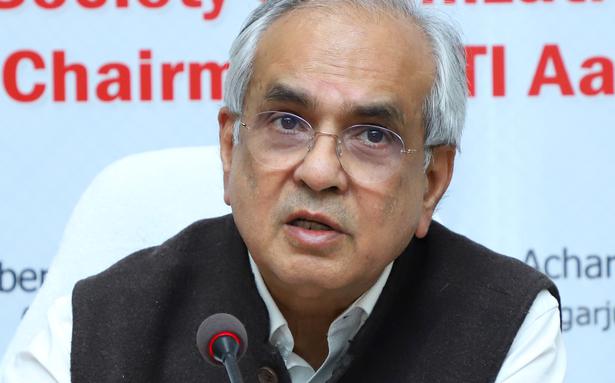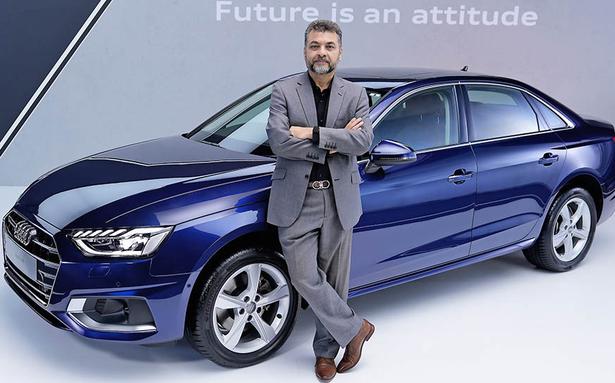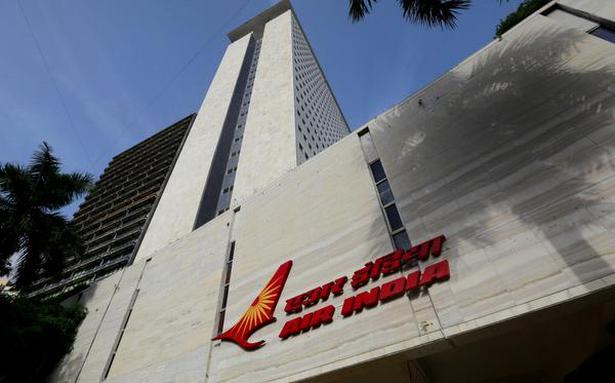Speaking of rising inflation, Niti Aayog Deputy Chairman Rajiv Kumar says the RBI is closely monitoring developments as per its mandate
Speaking of rising inflation, Niti Aayog Deputy Chairman Rajiv Kumar says the RBI is closely monitoring developments as per its mandate
India is on the cusp of a major economic recovery and talks of possible stagflation are “overrated” as reforms implemented by the government over the past seven years are laying a strong economic foundation, said Rajiv Kumar, vice-chairman of Niti Aayog, on April 3.
Notwithstanding the economic uncertainties sparked by the war between Russia and Ukraine, which are also affecting global supply chains, Mr Kumar said that from all reports it is pretty clear that India will remain the fastest growing economy in the world.
“Considering all the reforms we’ve implemented over the past seven years, and given that we’re hopefully seeing the end of the COVID-19 pandemic, and the 7.8% growth rate we’re going to see this year (2022 -23), a very strong foundation is now being laid for further rapid acceleration of economic growth in the years to come,” Mr Kumar said PTI in an interview.
According to the latest government data, Asia’s third largest economy is expected to grow by 8.9% in 2021-22. The Reserve Bank of India (RBI) has set the economic growth rate at 7.8% for 2022-23.
“So I believe that India is on the cusp of significant economic recovery and growth,” Mr Kumar said, while acknowledging that India’s GDP growth forecast could be revised due to the Russia-Ukraine war.
“But even then, India will remain the fastest growing economy and all other economic parameters are actually quite reasonable,” he said.
Russia launched its military offensive against Ukraine on February 24. Western nations, including the US, imposed severe economic and various other sanctions on Russia after the offensive.
inflation
Speaking of rising inflation, Vice Chairman Niti Aayog said the RBI is closely monitoring developments as per its mandate.
“I am sure that RBI has it well under control [inflation] and will take the necessary steps if necessary,” he said.
Retail inflation hit an eight-month high of 6.07% in February, remaining above the RBI’s comfort level for the second straight month, while wholesale-price-based inflation rose to 13.11% on hardening crude oil and non-food prices.
The RBI is closely monitoring CPI inflation as it decides its bi-monthly monetary policy.
RBI’s Monetary Policy Committee (MPC) has been given a mandate to keep annual inflation at 4% through March 31, 2026, with an upper tolerance of 6% and a lower tolerance of 2%.
stagflation
Addressing concerns about the possible risk of stagflation, Mr Kumar said that the Indian economy is expected to grow by 7.8% in the current fiscal year, which falls far short of the definition of stagflation.
“I think that’s been exaggerated because when you talk about stagflation, we’re talking about growth rates that are well below your growth rate or production potential, which is not at all true at this time,” he pointed out.
Stagnation is defined as a situation where both inflation and unemployment are high and demand in the economy is also stagnant.
On meeting the Government’s target of raising £88,000m from asset monetization in the 2021-22 financial year, which ended on March 31, Mr Kumar said: “I’ve heard that [target] is reached or not [then we will be] very close to the goal. We have a number of things in the pipeline and a number of ministries have taken initiatives. So I think this will be on the right track.”
Last year Finance Minister Nirmala Sitharaman announced a 6 lakh crore National Monetization Pipeline (NMP) over four years, aimed at unlocking the value of infrastructure assets in all sectors from electricity to roads and railways.
Niti Aayog prepared the report on NMP in consultation with the ministries responsible for infrastructure.
fuel prices
Referring to the high petrol and diesel prices, Mr Kumar said fuel prices are rising around the world given the global situation. “In the past, the government had taken steps to reduce the tax burden. And I think now is the time for states to come forward if they think it’s necessary,” he said.
In any case, Mr Kumar assured, the government is closely monitoring the prices of all commodities, including fuel, and will take action if necessary.
Gasoline and diesel prices are increasing and vary from state to state depending on local taxes.




